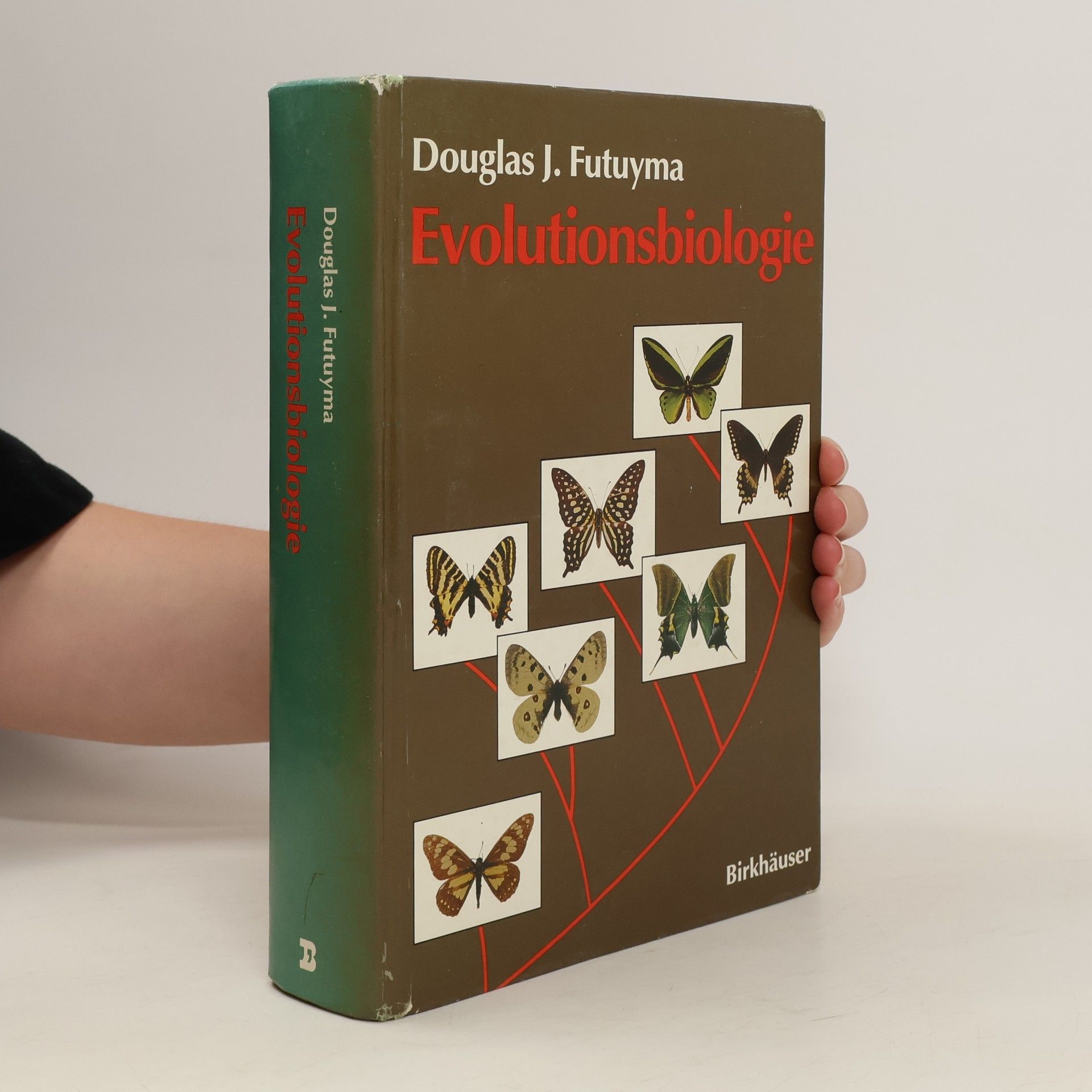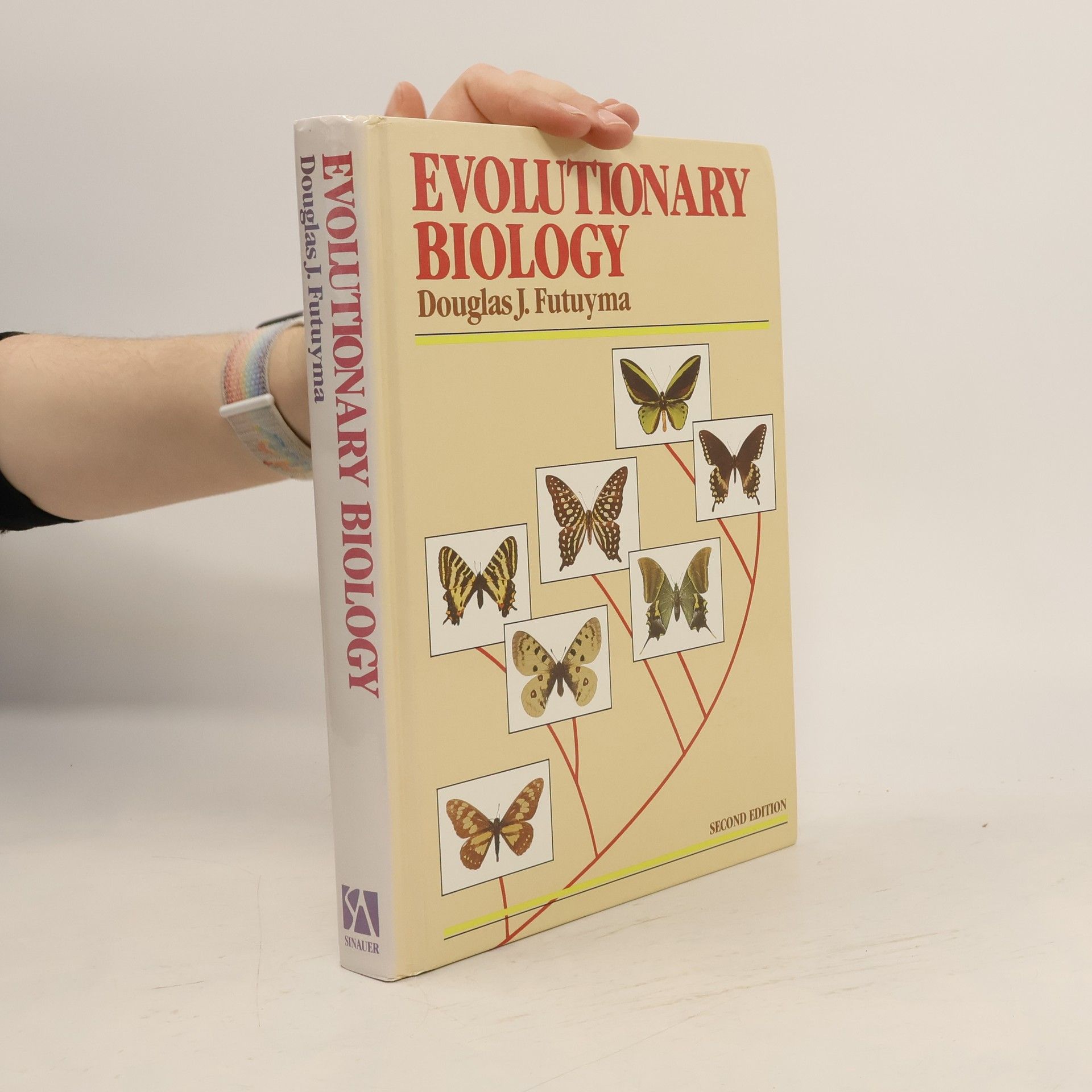How Birds Evolve
- 320 pages
- 12 hours of reading
"Why are male birds often so brightly colored? Why do some birds lay more eggs than others? Will bird species adapt to climate change? In How Birds Evolve, Douglas Futuyma invites readers into the amazing world of bird evolution to answer these and other questions. Futuyma's goal in this book is not to offer a comprehensive evolutionary history of birds, but to explore how the processes of evolution produced the distinctive features and behaviors we observe in birds today as well as their impressive diversity. Using one or two birds per chapters as a lens into broader questions, Futuyma explores how a bird's evolutionary history helps us understand the diversity of species and the bird tree of life and how natural selection explains most of the characteristics of birds from how populations adapt to sexual selection and birds' amazing social behavior. Futuyma concludes by discussing the future of birds, particularly patterns of extinction and whether they can adapt to a changing climate. Ultimately, Futuyman wants readers to see that evolutionary biology helps us to better understand birds, and that the reverse is also true: studies of birds have informed almost every aspect of evolutionary biology, from Darwin to today"--



